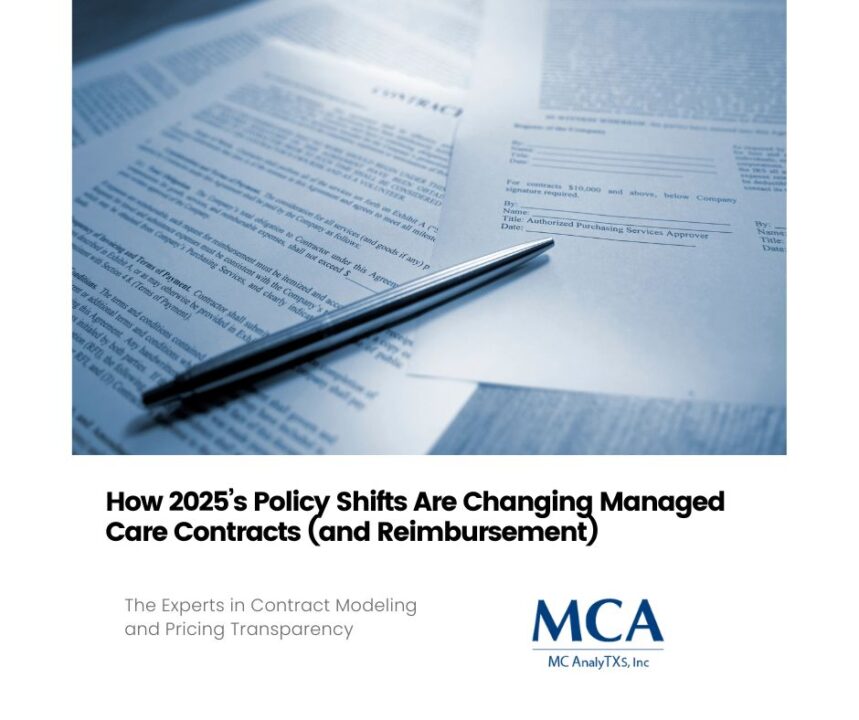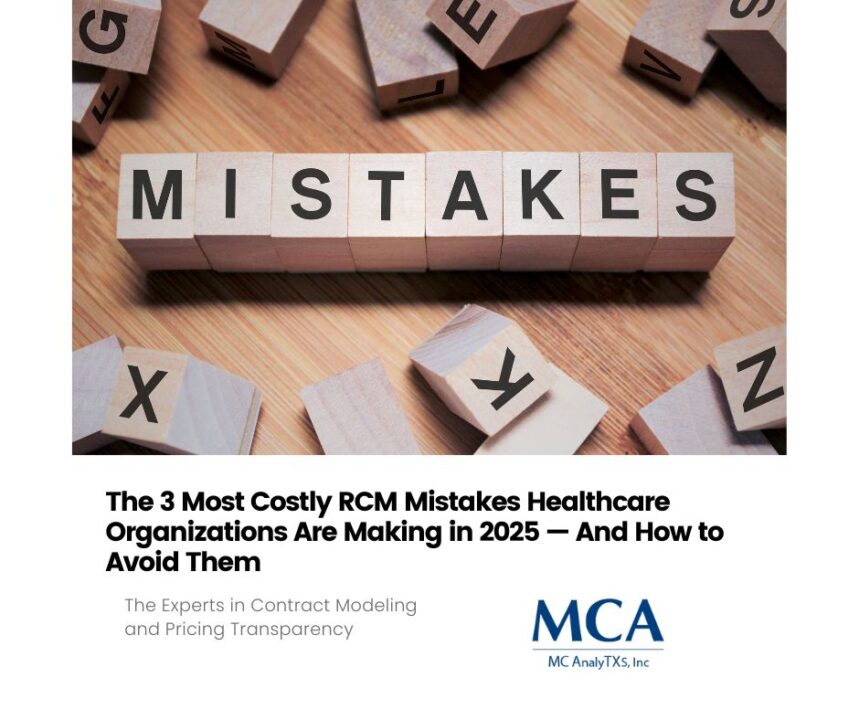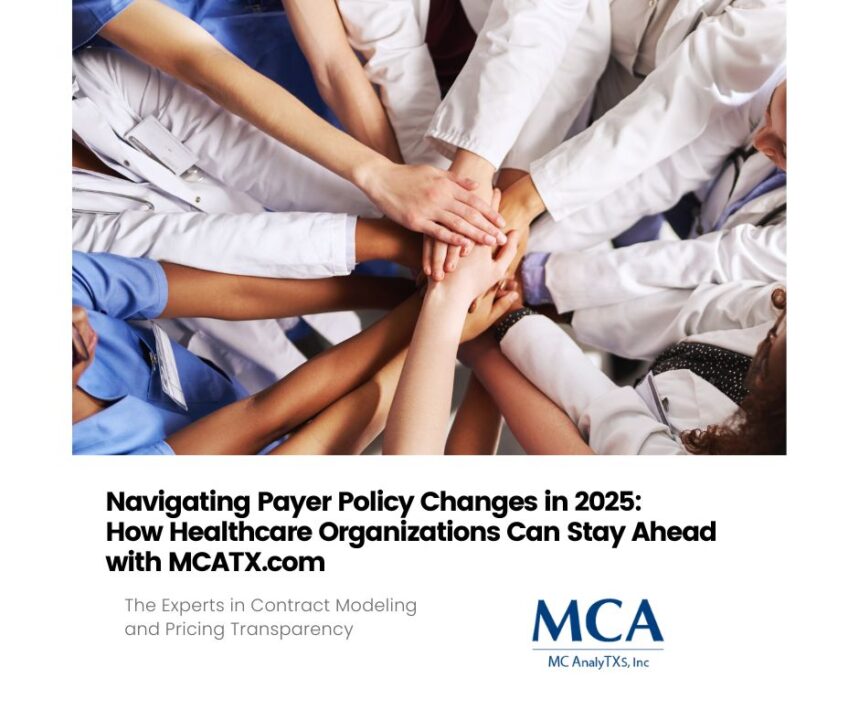

Creative Tactics RCM Leaders Use to Boost Revenue
The world of healthcare revenue cycle management is evolving rapidly. In today’s climate, innovation is more crucial than ever. With increasing pressure to improve financial performance, revenue cycle management (RCM) leaders are turning to creative strategies to optimize revenue. This article will explore innovative methods that are revolutionizing RCM, providing valuable insights for professionals looking to enhance their revenue streams.
Understanding the Importance of Innovation in RCM
Revenue cycle management is the backbone of financial health in healthcare organizations. It encompasses everything from patient registration to final payment, and inefficiencies at any step can lead to significant revenue loss. Traditional methods often fall short in addressing these inefficiencies. That’s where innovation comes in.
The landscape of RCM is changing, driven by technological advancements and evolving patient expectations. Today’s RCM leaders recognize that staying ahead means adopting new strategies and tools. Innovation not only streamlines operations but also unlocks new revenue opportunities. By leveraging cutting-edge technology, RCM professionals can enhance efficiency, reduce errors, and ultimately boost revenue.
Exploring innovative approaches is essential for those intent on improving their organization’s financial health. Whether through advanced data analytics, and automated solutions, the potential benefits are immense. This article will guide you through some of the most impactful innovations in RCM today.
Navigating Current Challenges in RCM
Despite its critical role, RCM faces numerous challenges. Healthcare providers often struggle with complex billing systems, regulatory changes, and the need for seamless patient interactions. Revenue leakage due to denied claims and inefficient processes further compounds these issues.
The need for new approaches is evident. Traditional methods are no longer sufficient to tackle these challenges effectively. For RCM leaders, the imperative is to adopt strategies that not only address these problems but also anticipate and mitigate future challenges. This requires a shift in mindset—from reactive to proactive.
Innovation emerges as the solution. By integrating technology and creative thinking, RCM can overcome existing hurdles. The key lies in recognizing the areas where innovation can have the greatest impact. This section will explore the specific challenges faced by RCM leaders and how innovative strategies can provide relief.
Predictive Analytics for Payment Forecasting
Predictive analytics is another powerful tool for RCM leaders. It involves using historical data to forecast future payment trends. This capability is invaluable for managing cash flow and planning financial strategies.
By leveraging predictive analytics, RCM professionals can anticipate payment delays and proactively address them. This ensures a steady revenue stream and reduces the risk of financial shortfalls. Additionally, predictive models can identify high-risk accounts, allowing for targeted interventions that improve collection rates.
The use of predictive analytics goes beyond forecasting. It enables organizations to optimize their billing practices and improve patient satisfaction. When patients understand their financial responsibilities upfront, they’re more likely to make timely payments. This holistic approach enhances both revenue and patient experience.
Automation of Patient Engagement
Patient engagement is a critical aspect of revenue cycle management. Effective communication with patients can significantly impact payment rates and overall financial performance. Automation plays a crucial role in enhancing patient engagement.
Automated communication tools streamline interactions with patients. From appointment reminders to payment notifications, automation ensures timely and consistent communication. This reduces missed appointments and increases the likelihood of on-time payments.
Furthermore, automation allows RCM teams to focus on high-value tasks. By reducing the administrative burden, staff can engage more effectively with patients who require personalized assistance. This not only boosts revenue but also improves patient satisfaction—a win-win for healthcare organizations.
The Future of RCM
The future of revenue cycle management is bright, driven by technological advancements and strategic innovation. Emerging technologies such as machine learning and blockchain hold the potential to further revolutionize RCM practices.
Machine learning can enhance predictive analytics, making payment forecasting even more accurate. Blockchain technology, on the other hand, promises greater transparency and security in financial transactions. These technologies represent the next frontier in RCM innovation.
For RCM leaders, keeping abreast of these developments is crucial. By staying informed and open to new possibilities, organizations can continue to thrive in an ever-changing healthcare landscape. The future holds exciting opportunities for those willing to embrace change.
Key Takeaways and Encouragement for RCM Leaders
Innovation in revenue cycle management is no longer optional—it’s a necessity. RCM leaders must adopt creative strategies to remain competitive and ensure continued revenue growth. From AI-powered claims processing to predictive analytics and automation, the tools are available.
By implementing these innovative practices, organizations can overcome traditional challenges and unlock new revenue streams. The benefits extend beyond financial performance, positively impacting patient satisfaction and operational efficiency.
For RCM professionals, the call to action is clear. Explore the possibilities of innovation and consider how these strategies can be integrated into your organization. By doing so, you’ll be positioned for success in a rapidly evolving industry.
Join our Upcoming Webinar
We’d love to hear from you! Have you implemented innovative RCM strategies in your organization? What challenges have you faced, and what successes have you achieved?
Register here for the next webinar – Thursday October 17th at 1pm CST – See you there!





